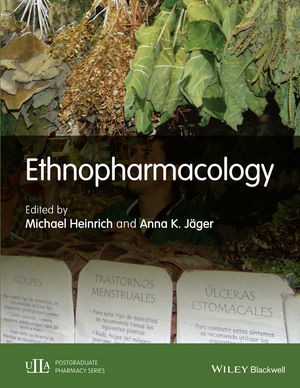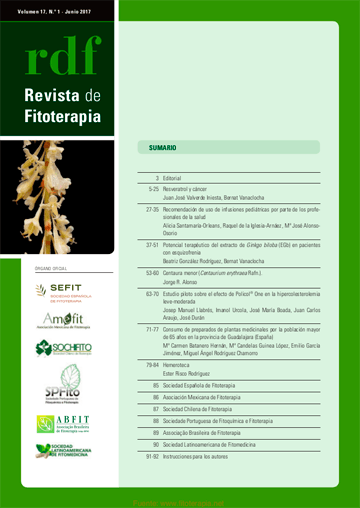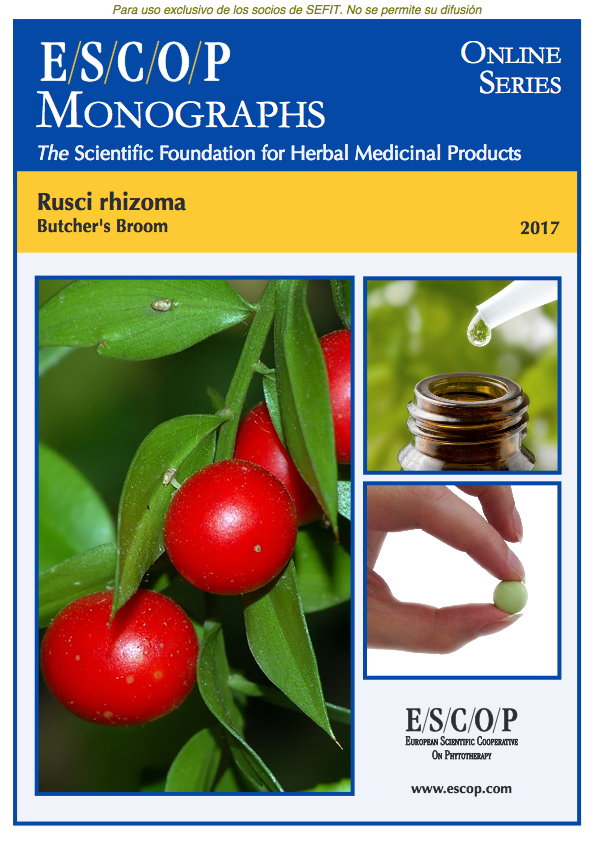Michael Heinrich
Centre for Pharmacognosy and Phytotherapy / Research Cluster Biodiversity and Medicines UCL School of Pharmacy, London, United Kingdom
Ethnopharmacology is a fast developing, dynamic area of research with thousands of papers published annually. Researchers with diverse backgrounds including pharmaceutical scientists, pharmacologists, anthropologists, biologists, botanists, toxicologists, and practitioners / researchers of the diverse medical traditions are all involved in such research. Especially in most of the so-called BRICS and MINT countries (Brazil, India, China, South Africa; México, Indonesia, Nigeria and Turkey), but also in many other emerging economies like Thailand and Malaysia ethnopharmacological research is flourishing (Heinrich, M. and A.K. Jäger (eds) (2015) Ethnopharmacology. Wiley, Chichester. ISBN: 978-1-118-93074-8.).

Phytotherapy also is a fast developing field of practice and research, but most commonly it is limited to the practice in Europe and some other regions. In recent decades what initially sounded like a two very distinct areas, has moved closer and closer together, most certainly also driven by the need of phytotherapy to find new ways to provide not integrative solutions to the health care needs of rapidly changing societies. Using two examples from our own research, I want to highlight current trends and research needs.
In an increasingly interconnected world alternative themes have come into the center of scientific attention like for example value chains of medicinal plants. Research into these chains highlights problems like exploitation through middlemen, over-harvesting of wild medicinal plants, adulteration and contamination of products at different stages along the chain and a general lack of traceability through the different stages of production. Ethnopharmacology offers both a new framework for research and new strategies for resolving some of the key problems.
Using a mixed methods approach we investigated medicinal plant value chains and interpret the impact different value chains have on some aspects of the livelihoods of producers in India and, for the first time, analytically assess the chemical variability and quality implications that different value chains may have on the products available to end users in Europe. There are benefits to farmers that belonged to an integrated chain and the resulting products were subject to a higher standard of processing and storage. By using analytical methods, including HPTLC and 1H-NMR it has been possible to correlate some variations in product composition for selected producers and identify strengths and weaknesses of some types of value chains
In a second example we focused on Aristolochia species which are known to cause aristolochic acid nephropathy, a renal interstitial fibrosis, which has been reported from at least ten countries but its true incidence is unknown and probably underestimated. The use of Aristolochia species is widespread globally. Estimates for the epidemiological risk point to potentially extremely high levels of risk, most notably in many Asian countries like the PR China and Taiwan. We studied the use of Aristolochia indica L. in Bangladesh where it has been cited frequently for its medicinal use. We assessed the health risks associated with the use of different Aristolochia species and investigated potential active principles behind their nephrotoxic effects. The phytochemistry of 44 medicinally used Aristolochia species was studied using metabolomics tecniques such as LC-MS and 1H-NMR fingerprinting coupled with multivariate data analysis and the link between the plants’ in vitro genotoxicity, apoptosis, cytotoxicity and cell cycle effects was assessed. The widespread use of these species and their importance both in traditional medicine and as possible adulterants in trade products make Aristolochia spp. a potentially serious risk factor
Both examples showcase the need for transdisciplinary approaches, call closer collaboration between ethnopharmacology and phytotherapy and more specifically for conceptual and methodological strategies which help to develop integrative health care globally.


